Keywords: Domestic Violence
There are more than 24 results, only the first 24 are displayed here.
Become a subscriber for more search results.
-
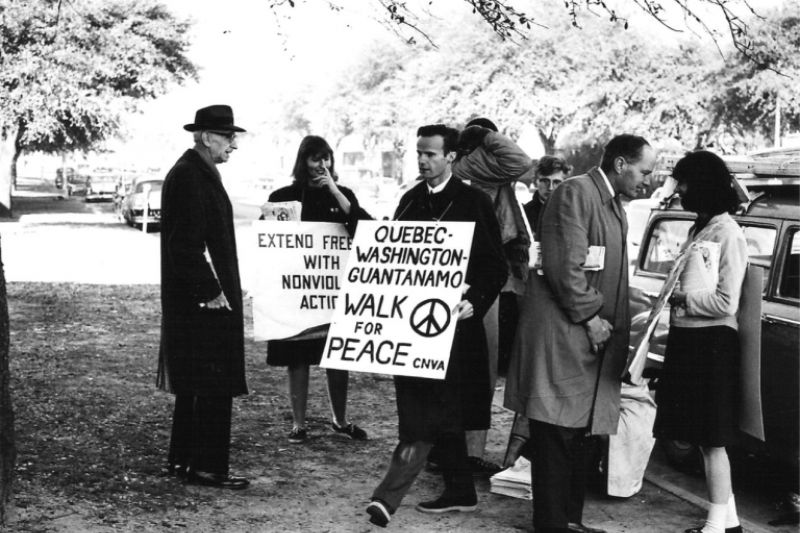
AUSTRALIA
- Andrew Hamilton
- 19 September 2024
3 Comments
Though little known in Australia, Abraham Johannes (A.J.) Muste spent his life commending pacifism and leading movements to make the world more just. His commitments to pacifism may still seem extreme to many. But will anything more mild address the threats facing the world from violence, inequality and apathy?
READ MORE
-
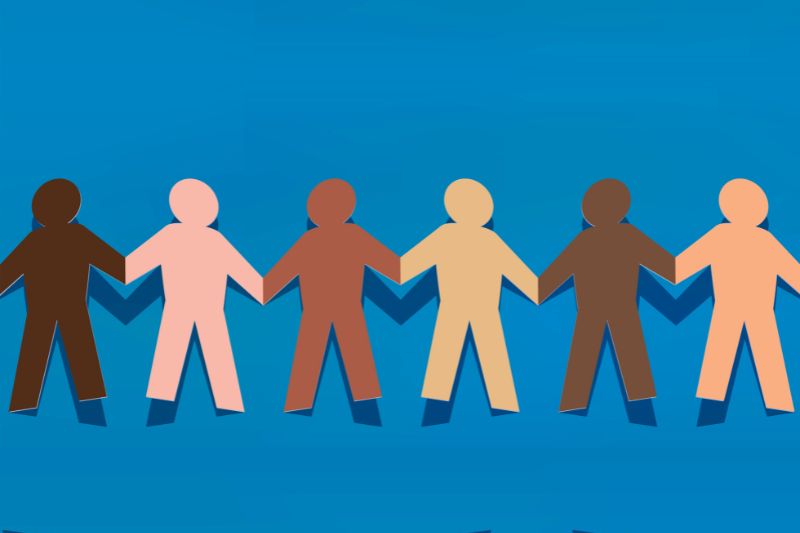
AUSTRALIA
- Joseph Camilleri
- 28 August 2024
3 Comments
As Australia faces numerous moral crises from domestic inequality to global militarization, a proposed national charter of principles could to reshape our society and redefine our global role. This declaration would acknowledge Indigenous dispossession, prioritize human rights, and shift focus from military alliances to human security.
READ MORE
-
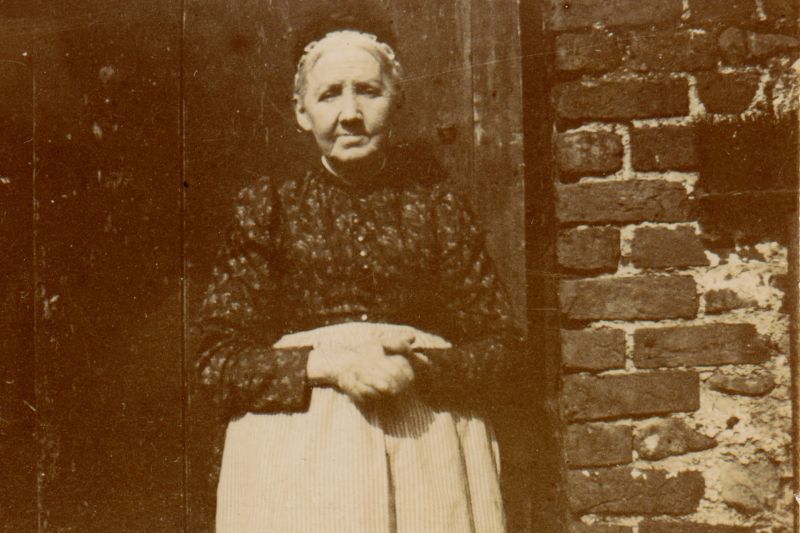
AUSTRALIA
- Barry Gittins
- 20 August 2024
3 Comments
Emma's story offers an unflinching glimpse into the brutality of colonial Australia. While it’s worth celebrating the undeniable social progress made since Emma braved the voyage to Australia, we must resist the temptation to see our history of violence as consigned to the past.
READ MORE
-

AUSTRALIA
- Juliette Hughes
- 12 July 2024
4 Comments
Are women truly the villains that modern crime dramas portray them to be? Despite the sensationalised 'evil woman' trope, real-life statistics tell a different story. It’s a cruel irony that the way to really victimise a woman is to tell her that she is the perp when she really is overwhelmingly more likely to be the victim of violent crime.
READ MORE 
-

AUSTRALIA
- Andrew Hamilton
- 27 June 2024
9 Comments
In addressing family violence, the immediate emphasis must be to protect women and children. But if the only response is harsher penalties in addressing any social problem, it is bound to be ineffective. Regulation depends also on understanding why people are drawn to behave badly and how the culture that supports it can be changed.
READ MORE
-
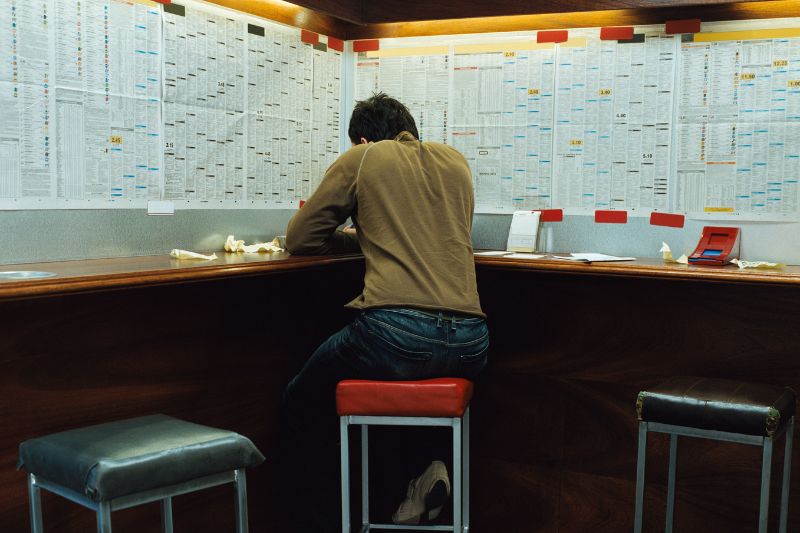
AUSTRALIA
- Tim Costello
- 26 June 2024
2 Comments
Gambling is now so entrenched in the AFL and NFL it is changing the way people, especially young people, follow sport. With former AFL chief Gillon McLachlan set to become CEO at Tabcorp, we should consider the profound impact of gambling on Australian society.
READ MORE
-
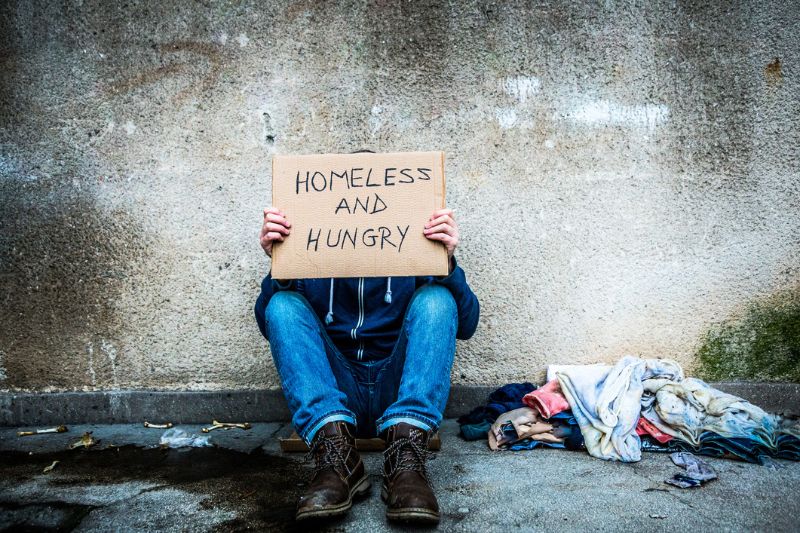
AUSTRALIA
In a signature essay published last year in The Monthly, Treasurer Chalmers staked out an ideological terrain he described as ‘values-based capitalism.’ The Budget 2024 is quite the big reveal on what those values include and who they exclude. In it, the people who have borne the brunt of inequality and precarity are neither seen nor heard.
READ MORE
-
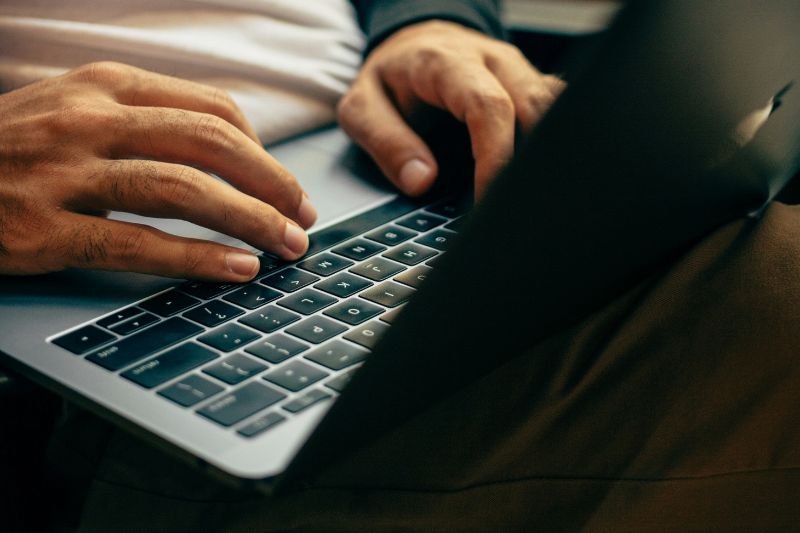
AUSTRALIA
- Bill Farrelly, David Halliday
- 30 May 2024
6 Comments
We don’t need more statistics to prove that addiction to alcohol, gambling and illegal drugs plays a huge role in domestic violence. But what about addiction to pornography? Until now, public conversation on this has been minimal. Despite a wealth of research linking pornography consumption with sexual violence, why are we so afraid to discuss this elephant?
READ MORE
-
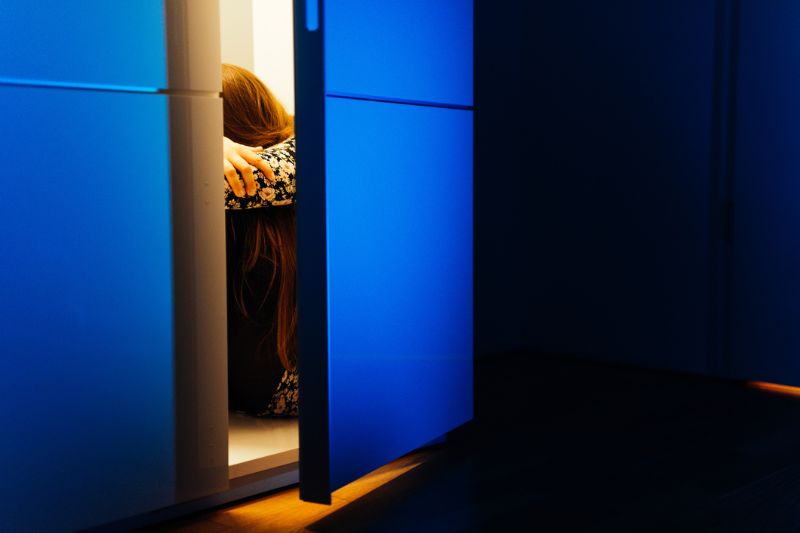
AUSTRALIA
- Ulrike Marwitz
- 20 May 2024
4 Comments
Domestic violence is not a simple or straightforward issue, and we know that not all cases have the same dynamics or the same causes. Rather than applying one size fits all responses, we need to begin with addressing the diverse underlying causes.
READ MORE
-
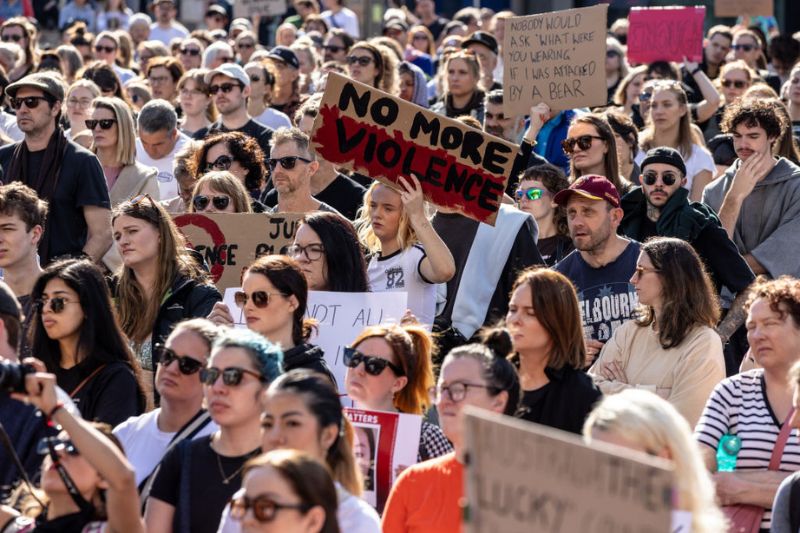
AUSTRALIA
- Warwick McFadyen
- 08 May 2024
4 Comments
'Thoughts and prayers': Is it now a tired, worn-out cliché, its usefulness questionable? It is now used so many times to render its meaning, its core message, void. Sometimes more than words are needed.
READ MORE
-
.jpg)
AUSTRALIA
- David Halliday
- 06 May 2024
5 Comments
The national conversation is very much spotlighting domestic violence and violence towards women. As a nation, we need to consider hard questions around the abundant factors within our society with connections to violence. Over three decades, we have made gains, but there’s more work to be done.
READ MORE 
-

AUSTRALIA
- Bill Farrelly
- 22 April 2024
6 Comments
It will never be possible to protect the community from a repetition of the horror of April 13. But we can reduce the risk. To begin, we can reassess some of our collective and individual priorities, be more compassionate, less judgemental, more aware of those around us.
READ MORE